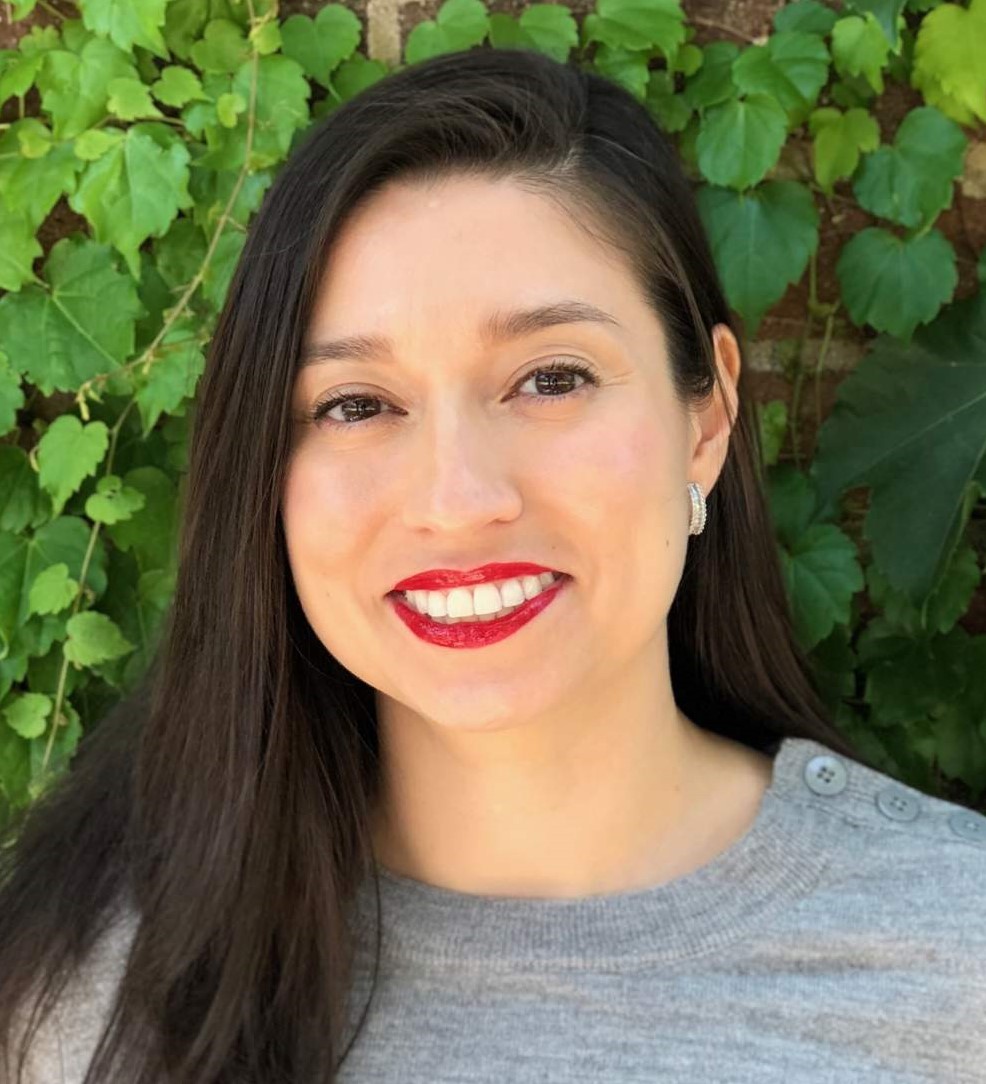"What's Wrong with You?": The Embodiment of Systemic Trauma in Grise's Your Healing Is Killing Me

Dr. Sara A. Ramírez is an Assistant Professor of English at Texas State University. Ramírez earned her doctorate degree in Comparative Ethnic Studies at the University of California, Berkeley in 2016. Ramírez teaches courses on Chicanx literature and cultural productions, Chicana feminist theory, and an author-specific course focused on the works of Gloria Anzaldua. Her research areas include Anzaldúan thought, Chicana/x self-making, Chicana/x representations of trauma, and feminist editorial praxis. She is also co-publisher for the historical Third Woman Press: Feminist of Color Publishing. Ramírez has co-edited and written introductions for the last two volumes of El Mundo Zurdo, a multi-genre collection of pieces on the life and work of Chicana scholar Gloria Anzaldúa. Additionally, she has published in the peer-reviewed journal Diálogo. She is currently at work on her first book manuscript that uses a decolonial feminist lens to treat historical and intergenerational traumas experienced by Chicana/xs.
Sponsored by Spanish and Portuguese Studies; CLA Office of the Dean; Race, Indigeneity, Gender & Sexuality Studies; Department of Gender, Women and Sexuality Studies; Department of Chicano and Latino Studies; Institute for Advanced Study